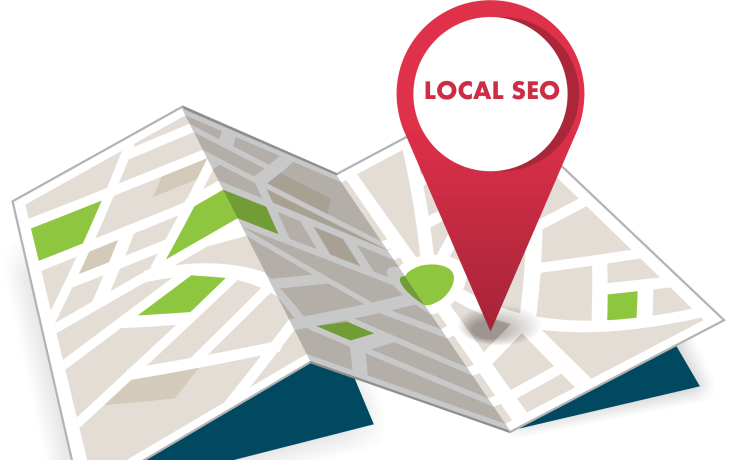For startups that serve specific cities, neighborhoods, or regions-whether you’re a restaurant tech provider, boutique agency, or local SaaS company-local SEO can be your biggest growth engine.
Local SEO helps your business show up when nearby customers search for what you offer. And with more than 46% of all Google searches having local intent, the opportunity is huge.
Here’s how to master local SEO for your startup without having to hire SEO agency for startups and dominate local search results.
Step 1: Claim and Optimize Your Google Business Profile
Your Google Business Profile (GBP) is the cornerstone of local SEO.
Steps:
- Visit google.com/business and claim your listing.
- Fill out every field: name, address, phone, website, hours, categories, etc.
- Add high-quality photos of your product, service, team, or location.
- Include keywords naturally in your business description.
Pro tip: Post regular updates (offers, events, content) to your GBP-it signals activity to Google.
Step 2: Build NAP Consistency
NAP = Name, Address, Phone Number
Google checks for consistent NAP details across the web. Mismatches confuse search engines and lower trust.
Where to check:
- Your website footer and contact page
- Social media profiles (Facebook, LinkedIn, Instagram)
- Directories (Yelp, YellowPages, Crunchbase)
Use a free tool like Moz Local to scan for inconsistencies.
Step 3: Add Local Schema Markup
Local schema tells Google that your business has a physical presence.
Use:
- LocalBusiness schema for your homepage or contact page
- Include your address, opening hours, coordinates, and service area
Add it via plugins (like RankMath or Yoast) or directly in your HTML.
Check implementation with:
➡️ Google’s Rich Results Test
Step 4: Target Local Keywords
Startups should focus on geo-modified keywords-keywords with a location.
Examples:
- “restaurant POS system Toronto”
- “Vancouver legal tech startup”
- “best coworking software in Montreal”
Use tools like:
- Ubersuggest
- Google Keyword Planner
- Ahrefs
Optimize your homepage, service pages, and blogs with these keywords. Don’t overstuff-use naturally in headings, titles, meta descriptions, and image alt text.
Step 5: Create Location Pages (if applicable)
If your startup operates in multiple regions, create a page for each location.
Example:
- yourdomain.com/toronto
- yourdomain.com/calgary
Each page should:
- Include location-specific content
- Mention nearby landmarks or industries
- Showcase local clients or testimonials
- Feature localized meta tags
Avoid using the same copy across all location pages-Google sees that as duplicate content.
Step 6: Earn Local Backlinks
Local backlinks = links from other businesses, blogs, or media in your city or province.
Ways to earn them:
- Sponsor community events or local meetups
- Collaborate with other startups or agencies
- Get listed on local directories or business groups
- Pitch your startup story to local media outlets
Tip: Use “city + keyword” Google searches to find relevant backlink opportunities.
Step 7: Collect and Respond to Reviews
Reviews improve your local SEO startup rankings and build social proof.
Ask happy customers to leave reviews on:
- Industry-specific platforms (e.g., Capterra, G2 for SaaS)
Always respond to reviews-positive and negative. It shows Google (and customers) that you care.
Conclusion
If your startup has a local focus-even partially-local SEO is essential. It’s the fastest way to dominate your region, attract nearby customers, and build a strong brand presence without paying for ads.
Start with Google Business Profile, optimize your content for local intent, and build genuine connections in your city. Google will reward the effort-and so will your community.







